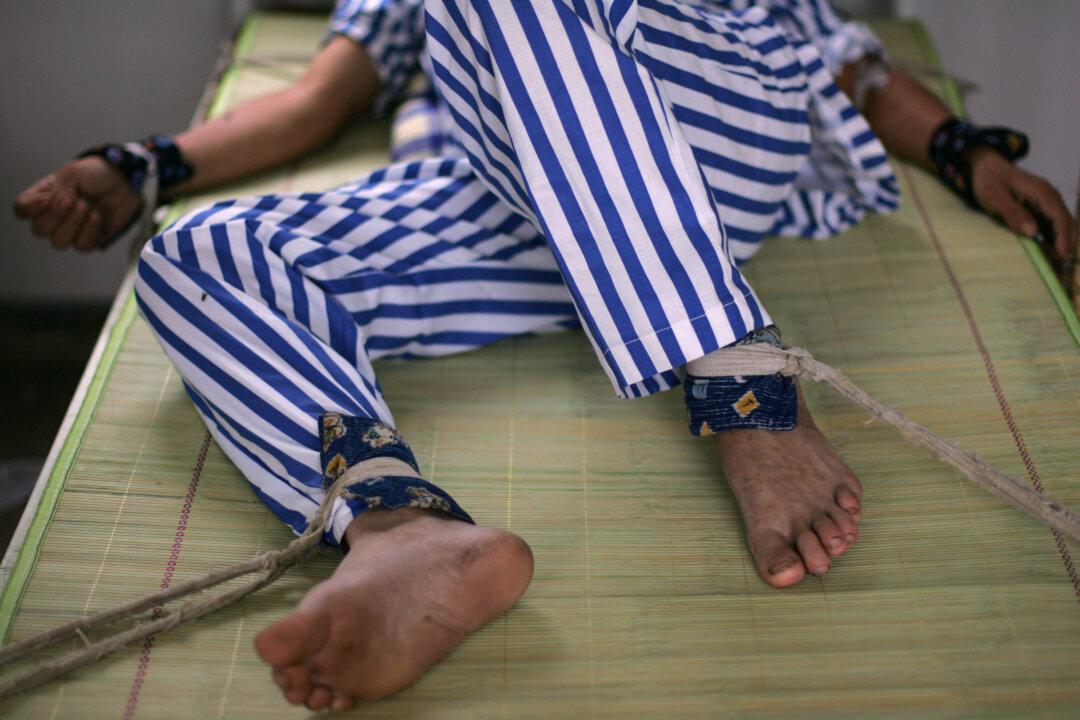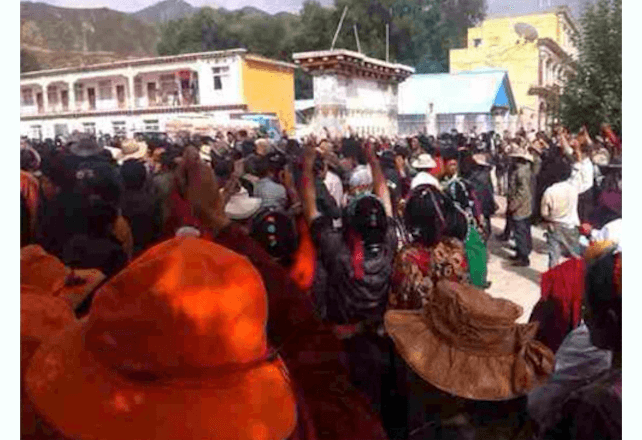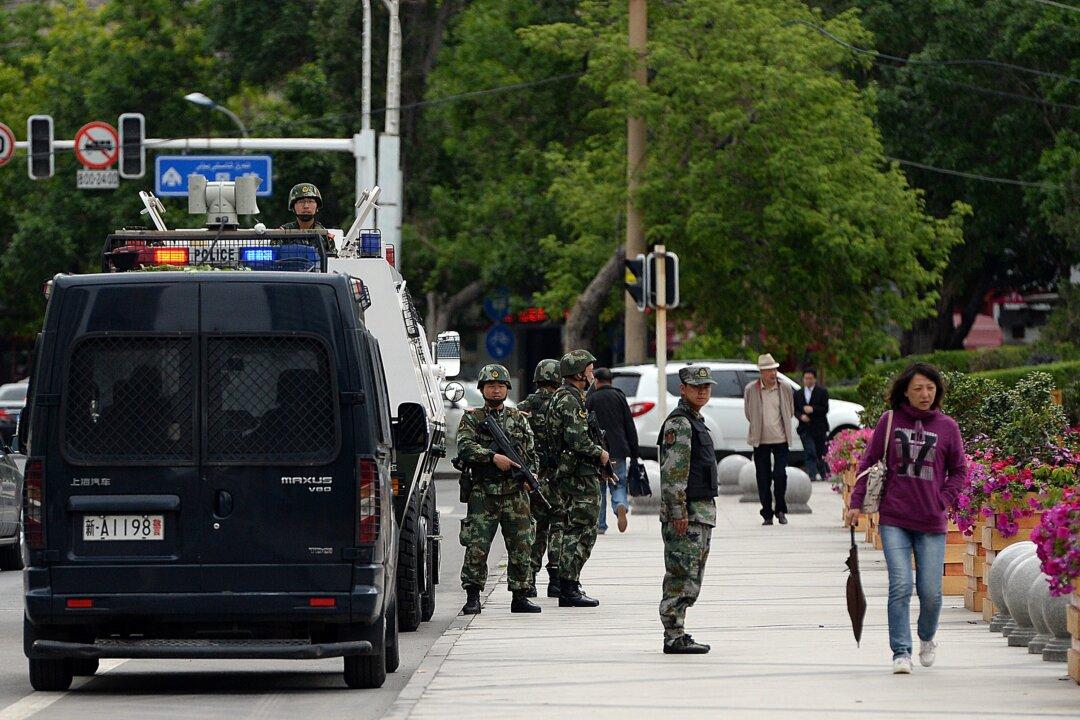Visitors to the grave of Lin Zhao, a little known poet and dissident who was executed during the Cultural Revolution, were met this year by a heavy security presence on the 45th anniversary of her death on April 29.
Police turned some visitors away, allowed others to stay and burn incense but ordered them to say nothing, and placed at least a dozen dissidents under house arrest, reported Radio Free Asia.
One visitor estimated that there were 200 security officials, while mourners numbered only about 120. Chen Zuoliang told the South China Morning Post that he had visited the grave twice before. “Last year, they had two, three policemen there. This year, they were everywhere,” he said.
Lin Zhao was officially rehabilitated in 1981, her name is not banned, and publishing eulogies is allowed, but the new Communist Party leadership appears to be silencing references to its bloody past.
Similarly, two weeks ago on the 24th anniversary of Hu Yaobang’s death, Sina Weibo searches were blocked. Hu died two years after being purged from the Party for being too liberal, leading to public mourning and pro-democracy protests that eventuated in the June 4 massacre in Tiananmen Square.
Lin Zhao’s Story
Until a few years ago, Lin Zhao’s very existence was forgotten by all but a few friends who survived the Cultural Revolution. But when a dedicated filmmaker, Hu Jie, produced a documentary about her life, her imprisonment and death, her compelling story became known to dissidents across China, and visitors began coming to her grave in Jiangsu from other provinces.
After attending Christian missionary school, she studied journalism at Peking University in Beijing, and there became a fervent Communist and follower of Mao Zedong. Swept up in the Cultural Revolution to the extent of taking part in executions, she advocated for political freedoms during Mao’s brief Hundred Flowers campaign that encouraged some political discussion. Along with other intellectuals, she was then arrested for her “counter-revolutionary activities,” and sent to prison for 20 years.
She devoted her life in prison to writing poems, articles, and letters, often criticizing the Communist Party and Mao’s treachery. Writing on the statements of repentance that the prison tried to force her to sign, she used her own blood when denied ink.
The prison saved her works to use as evidence against her. The documents vehemently criticized Mao, pronounced her commitment to her reclaimed Christianity, indicted the Party for tragically misleading a generation of young idealists. Decades later, these pages made their way to Hu Jie, his documentary, and the attention of the world.
Yang Ning, a political affairs commentator based in the United States, wrote in his latest article: “Why is the seemingly powerful Chinese Communist Party afraid of people paying tribute to a woman who passed away 45 years ago?”
Answering his own question, Yang referred to the words of a netizen named ‘Xiao Biao:’ “She is a spiritual symbol to all of us. Standing firm on her beliefs, she sacrificed her young life in the pursuit of democracy.”



